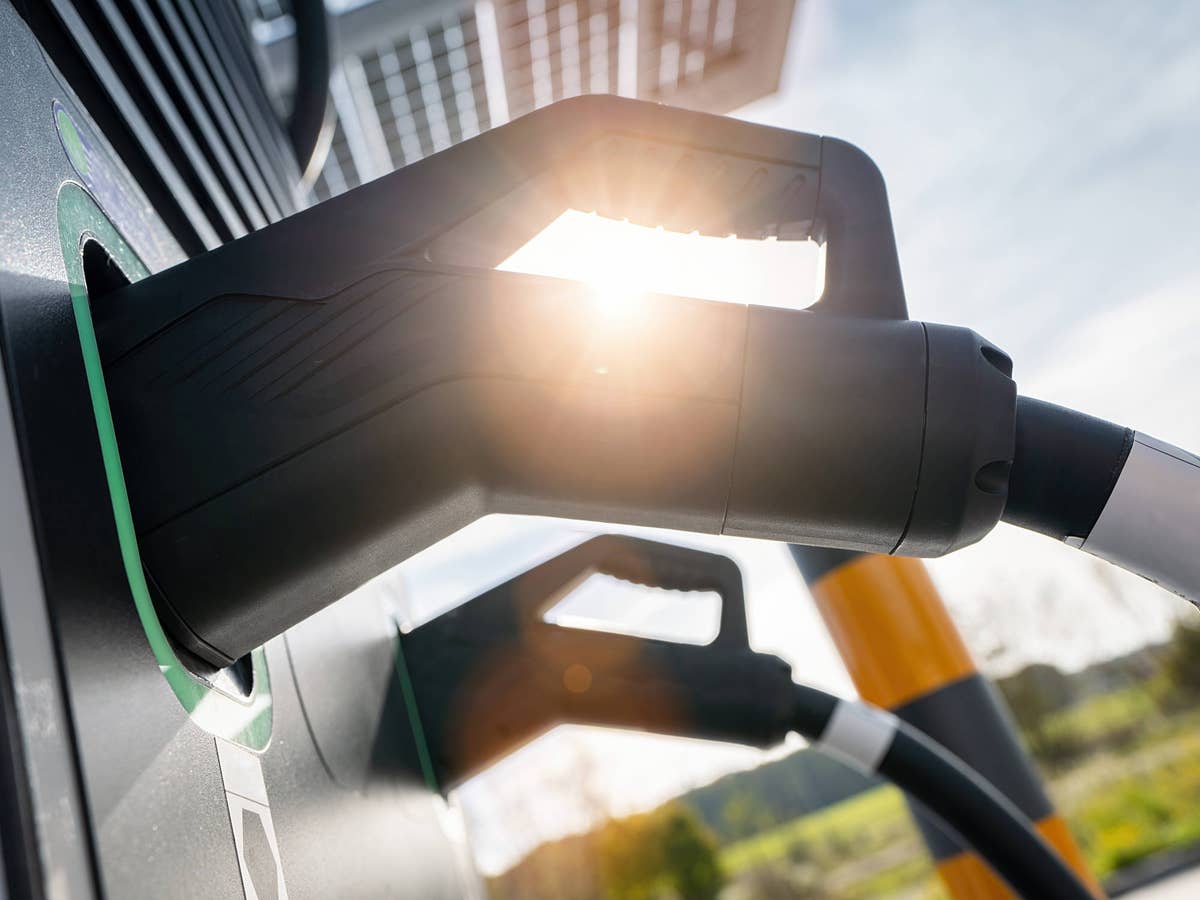Those who opt for an electric car often do so in order to be able to travel by car not only cheaply but also in an environmentally friendly way. An annoyance is still the often slow charging performance. But now there is a new ray of hope that promises faster charging of e-cars.

One of the biggest annoyances with e-mobility is the sometimes long charging times. If you drive an electric car to a fast charging station, you usually still have to wait between 30 and 60 minutes at the charging point until the car’s battery is full again. A new technology from a research project funded by the Federal Ministry of Economics and Climate Protection promises improvements for the future. With it, it should be possible to recharge electricity for a range of 400 kilometers in just 15 minutes.
NEW CHARGING TECHNOLOGY FOR FASTER CHARGING OF ELECTRIC CARS
Four and a half years of research work were necessary to analyze and optimize the entire energy flow chain from the power grid to the charging electronics and the charging cable to the vehicle battery. Some new developments were also necessary. In addition to the system supplier Hofer Powertrain, the Bochum University of Applied Sciences and the company Innolectric, which specializes in electric drive trains, were also involved. The result is a fast charging station with a charging capacity of up to 450 kW and a prototype vehicle suitable for reproducibility. Together they are able to charge the vehicle battery with the energy required to drive 400 kilometers in 15 minutes.
“The challenge of the research project was to further optimize the charging performance and to modify and further develop the electronic components, charging cable technology and vehicle battery that were previously on the market,” says project manager Kai André Böhm, describing the scenario from the future research. Every component used had to withstand the high project requirements and was therefore subjected to the most precise tests with regard to efficiency, costs, comfort and service life. Existing norms and standards also had to be taken into account. For example DIN SPEC 70121 , which defines the basics of DC fast charging via communication between the electric vehicle and the charging station.
A PROJECT FOR THE FUTURE
The newly developed battery prototype in the form of a high-voltage battery with an optimal ratio of power to energy offers an energy density of 210 Wh/kg. The battery can hold around 128 kWh with a voltage of 645 to 903 volts. And that with a constant current of 460 amps. The result is impressive. With an average charging power of 392 kW over 15 minutes, the researchers achieved an effective charging of 90.3 kWh. They assume that the newly developed rapid charging technology will also be found in passenger cars in the future. However, there is no time horizon as to when exactly this could happen.


